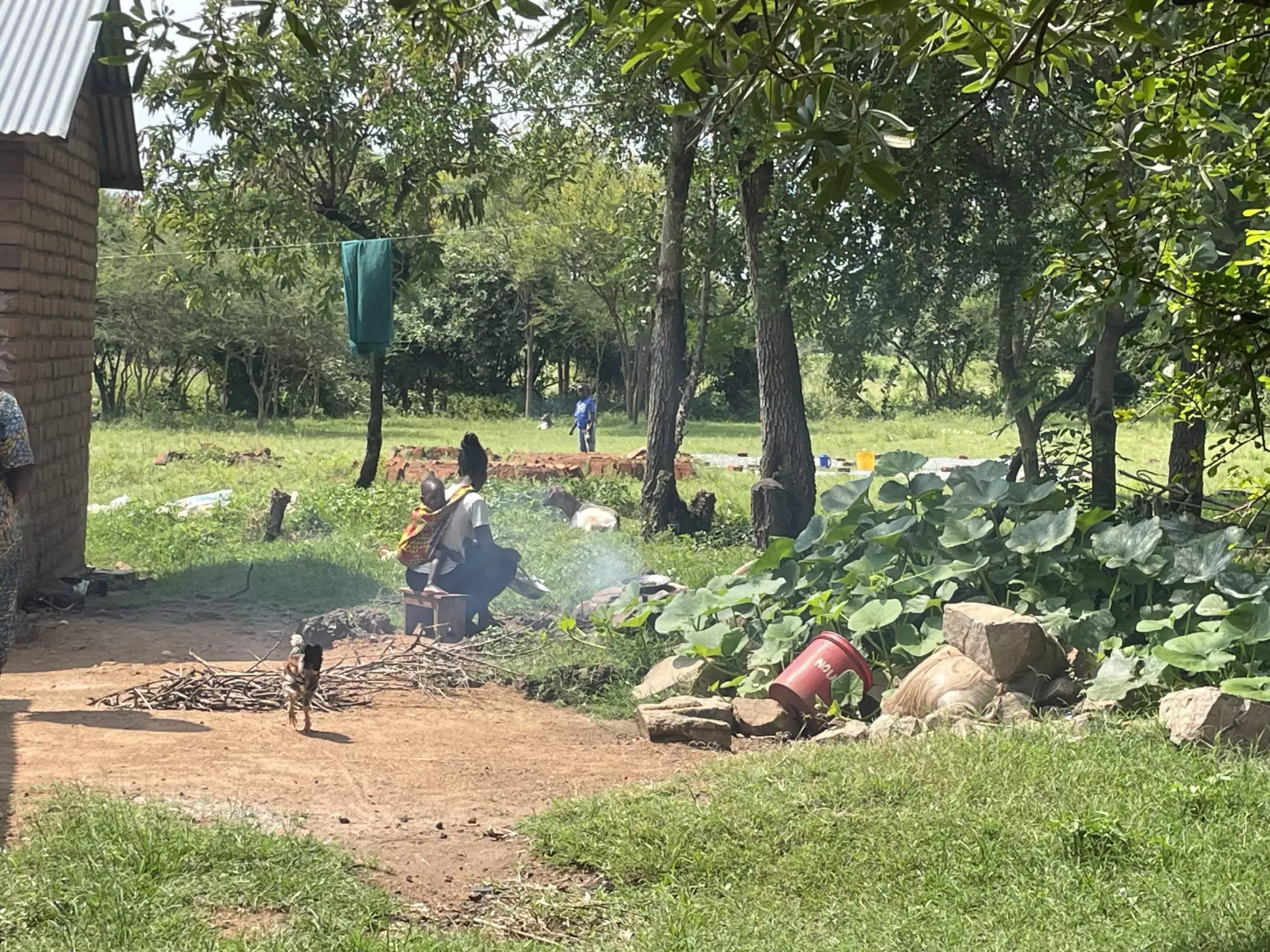The global carbon market has seen a significant increase in the distribution of efficient cookstoves in developing countries as a means to reduce greenhouse gas emissions. However, a recent study conducted by the University of California, Berkeley reveals that the carbon savings of these cookstoves are vastly overestimated, with the credits overestimating their impact by a factor of 10. This overestimation has serious implications, as it hampers efforts to combat carbon emissions, undermines trust in the carbon market, and raises questions about the long-term financing of efficient stoves.
The study conducted by UC Berkeley researchers is the first comprehensive and quantitative quality assessment of any type of offset project. The researchers compared five different methodologies for evaluating the emission reductions of cookstoves to published studies and conducted their own independent analysis. Their findings, published in the journal Nature Sustainability, shed light on the inaccuracies and overestimations that are prevalent in the current carbon offset market.
Clean cooking has become a central aspect of national decarbonization strategies, sustainable development goals, and the political agenda of leaders around the world. With approximately 2.4 billion people still relying on smoky solid fuels or kerosene for cooking, the distribution of efficient cookstoves has gained popularity. These cookstoves not only reduce greenhouse gas emissions but also have the potential to save lives by reducing smoke-related health issues. However, the UC Berkeley study reveals that the majority of cookstoves on the market do not meet the World Health Organization’s health standards.
The overestimation of carbon savings from cookstove offsets has significant implications for the carbon market as a whole. Many companies rely on these offsets to meet climate targets and market their products as “carbon neutral.” However, if the offsets are not accurately accounting for the reductions in greenhouse gas emissions, it raises questions about the effectiveness of these initiatives. This lack of transparency undermines trust in the carbon market and jeopardizes its ability to provide long-term financing for efficient stoves.
The UC Berkeley study not only identifies the issues with cookstove offsets but also offers recommendations for improvement. The researchers suggest aligning cookstove methodologies with current science and the progress of Sustainable Development Goals. Specifically, they recommend prioritizing projects that distribute stoves meeting the World Health Organization’s health standards. Additionally, the study introduces a rigorous method for assessing offset quality that can be used by offset program developers, regulators, and assessors to prevent over-crediting in all project types.
The study’s key findings highlight the extent of over-crediting and inaccuracies in cookstove offset credits. The researchers found that cookstoves were over-credited by a factor of 9.2 based on their sample, and when extrapolated to all cookstove offset credits, the over-crediting increased to approximately 10.6 times. This over-crediting primarily stems from exaggerated estimates of stove adoption and usage, underestimates of the original stove’s continued use, and high estimates of the impact of fuel collection on forest biomass.
The study also sheds light on the efficacy of different methodologies, with Gold Standard’s Metered methodology aligning most closely with the study’s estimates. This methodology directly monitors fuel use and credits the cleanest stoves, making it more reliable in terms of emissions abatement and health benefits.
The overestimation of carbon savings from cookstove offsets is a critical issue that needs to be addressed in order to effectively combat climate change and promote sustainable development. The UC Berkeley study provides valuable insights and recommendations for improving the accuracy and transparency of cookstove offset projects. By aligning methodologies with current science and prioritizing health standards, the carbon market can regain trust and ensure that real reductions in greenhouse gas emissions are achieved.


Leave a Reply